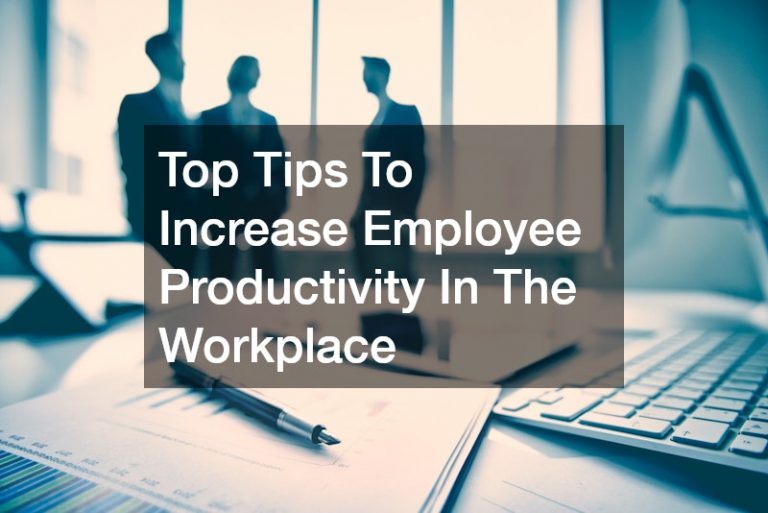Experts agree that it will take years for the economy to recover. They give a grim outlook for the future. At the beginning of the outbreak, Grant Thornton’s chief economist warned of a global recession. More than a year has passed since her prediction, and we see her words come true.
Economists from the World Economic Forum share her sentiments. In a forecast they shared early this year, they share an even more gloomy perspective. We have been in this situation before and outlasted the last pandemic. We can weather this storm too.
As an entrepreneur, your concern for the future extends to your business too. Things do not look that dim, especially now that the vaccination rate has gone up. Look back at history to see that numerous tycoons weathered different catastrophes. You might find inspiration from them.
Rothschild Family
Let us start our journey with this family. Several members made massive contributions that we see fit to talk about the entire clan. When we hear the word ghetto, we associate it with poverty and hunger. But the Rothschild family overcame this pain and became one of the world’s prestigious dynasties.
They hail from Frankfurt. Their fortunes rose when their patriarch, Amschel Moses Rothschild, conducted business with the Prince of Hesse. His son, Mayer, expanded their financial empire by sending his children to set up business in Europe’s financial centers.
Their ability to protect themselves from envious monarchs is one of their lasting legacies. Other Jewish leaders were not successful as the Rothschild. We saw how the greedy mob turned on the Jews of York after one of the debtors could not pay off his loan. We witness this hatred unfold again and again over the centuries.
They bankrolled wars and established highly complex international financial institutions over the centuries. Although we hear controversies and conspiracy theories about this family, they stand as strong as ever.
John D. Rockefeller Sr.

His name stands as strong as the company that he built. Standard Oil might no longer exist. But we still see its descendants, namely: Exxon, BP, and Chevron. These companies still hold political and economic clout.
What is awe-inspiring about John D. Rockefeller Sr is his humble beginnings. His father, William Rockefeller, was a conman who often stole from his son. His wife and children had to look out for themselves. John had to help take care of their needs.
As a boy, John already had a strong entrepreneurial streak. If he found you trying to replace a flat tire, he might convince you to buy a new car from him. If you own a repair shop, John can persuade you to get several mobile column vehicle lifts. He used to sell candies in his neighborhood.
His perseverance earned him the respect of his employers. His boss originally paid him $16/month. But after three months, his salary almost doubled. In his final year, they provided him with $58/month.
John eventually built his own company. His diligence again paid off because, in the first year of his company’s operation, they were able to make $4,400. At the age of 41, he expanded his empire by consolidating numerous oil companies. We can consider his tactics ruthless. But it made him richer than he ever dreamed before.
Andrew Carnegie
We might as well consider him as the original man of steel. His partnership with Henry Frick cemented his legacy as one of the robber barons. But he eventually cleared his reputation by building numerous educational institutions.
As a young boy, his family moved to the US to seek a better life for themselves. They fell on hard times during the Highland Potato Famine. He worked in the local cotton mill to help his family and had to work six days a week.
He later worked for Thomas A. Scott, a Pennsylvania railroad magnate. Impressed by his diligence, Tom Scott took him under his wing. The older man promoted his protégé to become one of the superintendents of his company. Andrew’s filial love compelled him to hire his younger brother and cousin.
With Scott’s influence, Carnegie made his first investments. The returns later became his capital for his future company. In gratitude, he offered his mentor stakes to his business and continued working for Scott. The older man remained loyal to Andrew and gave him a position in the government during the Civil War.
Andrew established the Keystone Bridge Company and built his first steel plant. Again, he offered Scott stakes to his business. His successful venture on the Eads Bridge opened a new market for Carnegie. This favorable outcome led him to collaborate with Henry Frick. Their partnership was one of the bloodiest periods of the US economy.
Carnegie’s reputation suffered a major setback because of the Johnstown Flood. He gained further notoriety during the bloodbath that happened in the Homestead Steel Strike. This incident also caused cracks to appear in their business relationship.
In 1800, he began to contribute to society. His first philanthropic work was in Scotland. He eventually sold his shares of Carnegie Steel to J.P Morgan to focus his remaining years in charitable works.
These industrial leaders did not only create wealth. They were the proof that you have the power to dictate your fate. These people also taught us that we must not turn our backs on humankind. It is only through solidarity that we will survive this pandemic.



